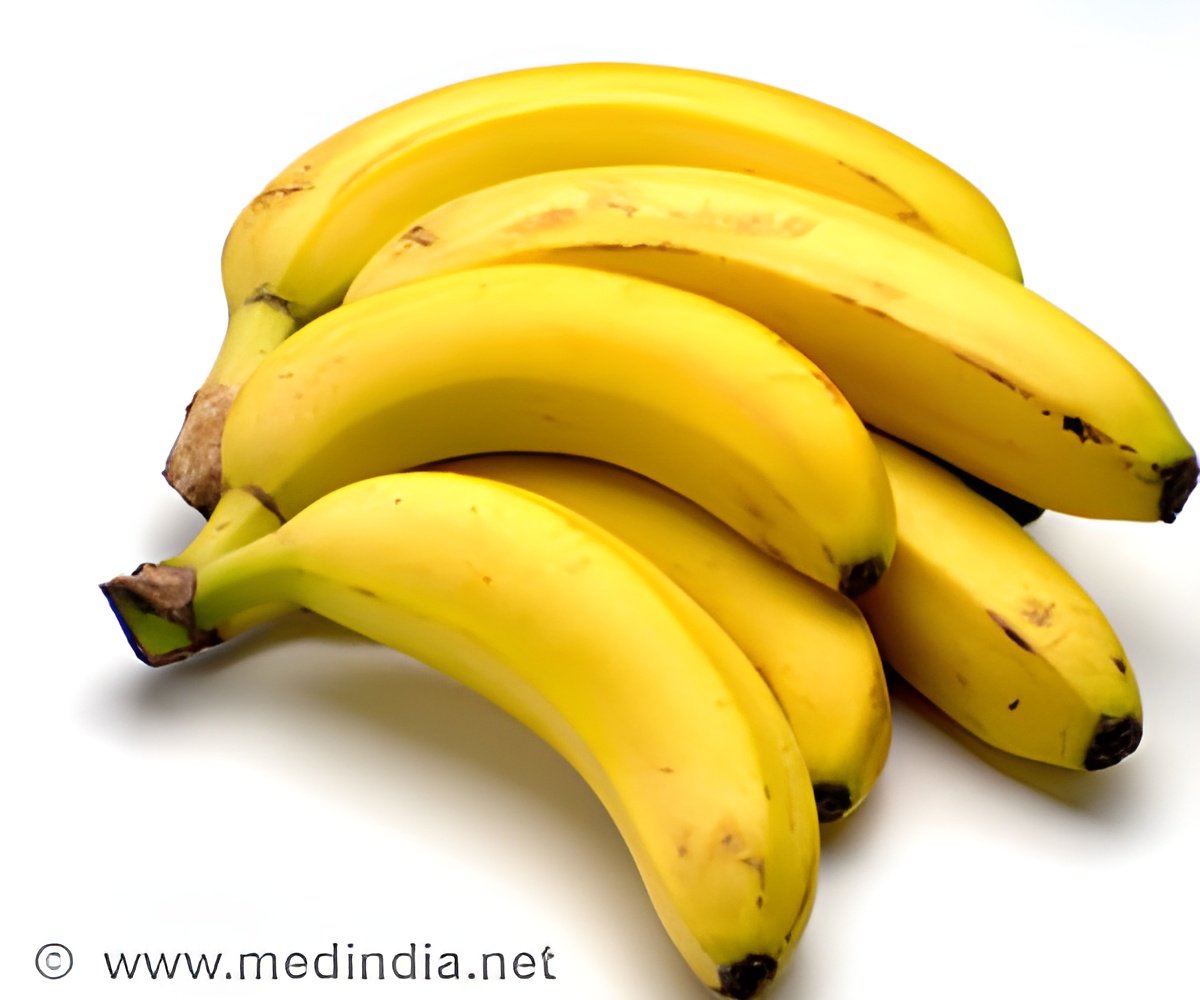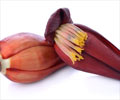It is estimated that 650,000-700,000 children world-wide die from pro-vitamin A deficiency each year with a further several hundred thousand going blind.

‘Bananas are a good source of potassium, an essential mineral for maintaining normal blood pressure and heart function.’





Professor Dale said the genetic modification process had resulted in the identification and selection of banana genes that could be used to enhance pro-vitamin A in banana fruit. The research backed with close to $10 million from the Bill & Melinda Gates Foundation, ultimately aims to improve the nutritional content of bananas in Uganda, where the fruit is the major staple food in their daily diet.
Professor Dale describes the development of the biofortified banana as a significant humanitarian project. "The East African Highland cooking banana is an excellent source of starch. It is harvested green then chopped and steamed," Professor Dale said.
"But it has low levels of micronutrients particularly pro-vitamin A and iron. The consequences of vitamin A deficiency are severe." He said it had been estimated that 650,000-700,000 children world-wide die from pro-vitamin A deficiency each year with a further several hundred thousand going blind.
"What we've done is take a gene from a banana that originated in Papua New Guinea and is naturally very high in pro-vitamin A but has small bunches, and inserted it into a Cavendish banana," Professor Dale said.
Advertisement
"Achieving these scientific results along with their publication, is a major milestone in our quest to deliver a more nutritional diet to some of the poorest subsistence communities in Africa.
Advertisement
"These elite genes have been sent to Uganda in test tubes where they have been inserted into Ugandan bananas for field trials there."
Professor Dale said another really pleasing aspect of the project was the fact that young Ugandan students, who came to QUT to undertake their studies, had now completed their PhDs and were overseeing the research and field trials in Uganda.
Source-Eurekalert










